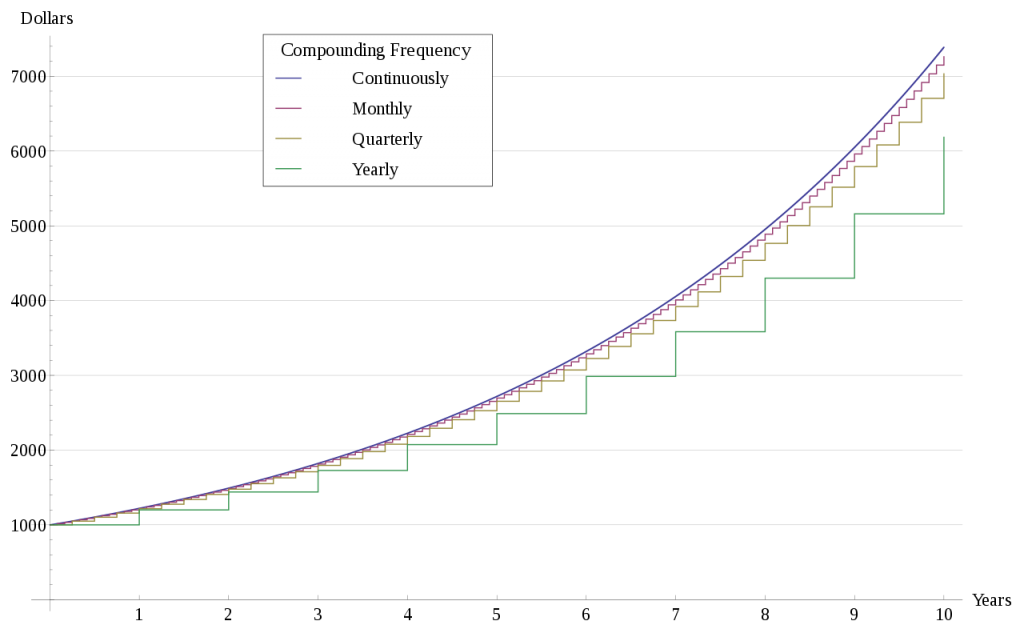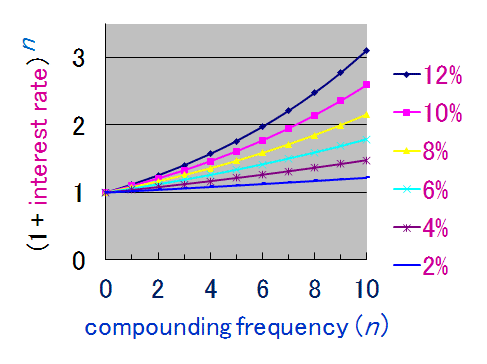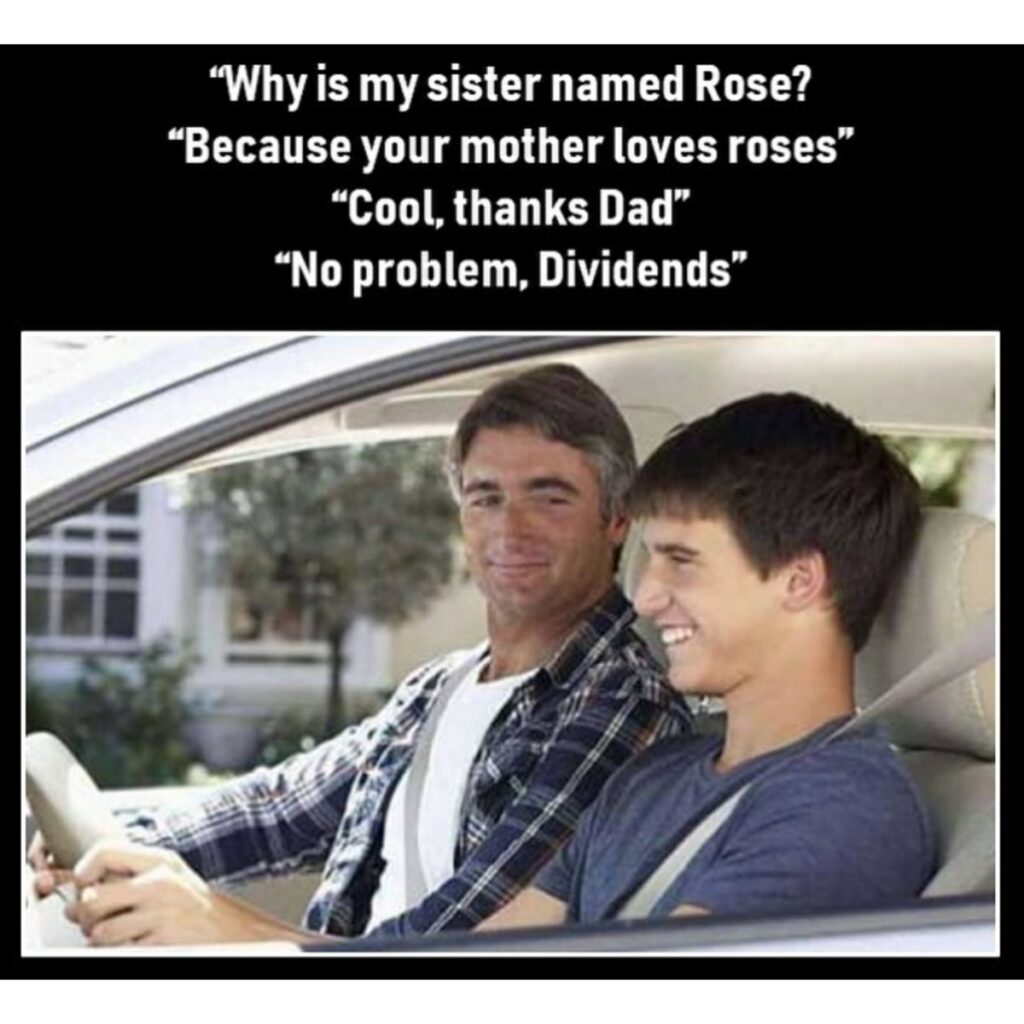Anything that causes money to flow out of your pocket is a liability. Even people—your family for example, can be liabilities.

When you have kids, they need: milk, diapers, food, clothes, toys, school supplies, college, etc.

As your parents get older they need: life insurance, healthcare, medications, respite care, etc.
You love your family, yes, but if you are a provider, taking care of your loved ones is not cheap.
Two-legged liabilities are much more expensive than buying a big TV, or a brand-new car. Two-legged liabilities are arguably the #1 way for most people to burn their cash reserves. And the only way to offset all of this financial loss is by having plenty of insurance + investments.
Your family, should be investing. Your kids, should be investing. Yes, Everyone should be investing! Because if they’re not, you’ll soon find yourself rekt.
When a situation is within your control, take action. When a situation is outside your control, make preparations.
James Clear
Make preparations
Lets face it—there are things coming which you cannot control.
- Your health, will deteriorate.
- Your parents, will die.
- Your kids, will grow up.
This is not me just being negative or making pessimistic comments. This is reality. Now you can either bury your head in the sand and act like this won’t happen, or you can prepare for these inevitable outcomes.
Don’t find yourself in a situation where you say, “I wish I had bought more insurance/investments.” Get that stuff ready.
Teach your family members to buy and hold assets, so they can be self-sufficient. Make sure mom and dad have sufficient life insurance, and (if they let you) health insurance too. Always have auto insurance, and renters insurance too if you need it.
Being single is not a curse
If you have no boyfriend/no girlfriend, no spouse and no kids, then you have NO REASON to not have money. You are 100% in control of your money, minus taxes. That gives you no legitimate excuses for having debt.
Now I’m not saying don’t have kids, or don’t date/marry. What I’m saying is that this money trap exists and you should prepare for it. Your loved ones can do a pretty good job of keeping you broke. So it’s wise to always have some cash set aside in case of emergencies. Have cash, and have investments that are always growing.

But what if you are single and just barely getting by? In that case, what you lack is either 1) sufficient financial literacy, 2) self-control/discipline or 3) a financial plan.
Here are some things to remember:
- Saving money won’t make you rich
- Inflation steals your wealth, so invest
- Buy assets, not liabilities
- Never spend more than you make
- Pay yourself first, always
- Compound interest works wonders
So yes, people can be liabilities, but people should never be assets. This means don’t be a user—using other people to pay for your debts. That’s shameful. And embarrassing.
Follow a process, not the money
It’s much easier to set financial goals and stick to them if you have no other family obligations. And that’s not an excuse, its the truth.
It’s also easier to grow wealth if you are focused on the process rather than counting every dollar you make. For example, would you rather have $2000 dollars worth of Amazon stock, or 2000 shares of Amazon stock? (approximate worth over $4 million dollars). Focusing solely upon the value of your assets will be a needless distraction for you. Focus on the fundamentals.
Disclaimer: This article was written for educational and entertainment purposes only. This is NOT financial advice. Always do your own research and please consult with a licensed attorney before making any serious investment. We are not responsible for any investment decisions that you choose to make.





